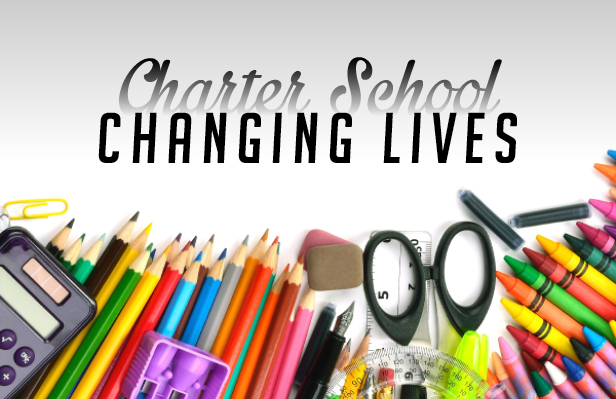Media

Philadelphia Charter Schools Fight for Students
In the search for a solution to its nearly $30 million year-end deficit—not to mention a projected $216 million budget gap next year—the School District of Philadelphia is once again putting public charter schools on the chopping block.
Blaming charter school payments for the district’s increased financial distress, the School Reform Commission (SRC) moved to enforce enrollment caps and withhold funding late last year. This move, illegal in all of Pennsylvania’s other 499 school districts, means that charters must either send students back to their local schools or suffer the threat of having their charters revoked.
But West Philadelphia Achievement Charter Elementary School is fighting for its students. Last week the Pennsylvania Supreme Court accepted the school’s request for an injunction against the SRC’s decision, putting at least a temporary stop to the punitive measures.
What’s at stake? West Philadelphia Achievement’s CEO and co-founder Stacy Gill Phillips wants to prevent sending 200 students back to the failing and often violent schools from which they fled (via Philly.com):
The drive behind our historic lawsuit is the best interests of students and families who are desperately seeking quality education. It is time that we shift the charter school conversation from the School District’s bottom line back to the children of Philadelphia, where it belongs.
With more than 60,000 current Philadelphia charter students and 44,000 students on the state’s waiting list, many students and parents clearly prefer charter schools—and there’s academic achievement to back it up. As PA Independent reports, the School Performance Profile for Philadelphia district schools scored 57.5, while its charter schools scored 66.9.
Competition for school funding continues to drive harmful educational policy, even though increased spending doesn’t necessarily lead to better education. Case in point: Students will wait in lines thousands deep for the opportunities charter schools provide, even though they receive 20 percent less funding per pupil.
What Philadelphia needs is true charter reform which would, as Nate Benefield testified before the Auditor General, strengthen charter school accountability and transparency and pursue alternative authorizers, like 16 other states have.
In the battle between district and charter schools, Phillips puts it best:
If the School District sees a need to control the growth of charter schools, then it should squash the tremendous demand from Philadelphia families by doing its job: offering a quality education to the city’s children.
Rather than seek to close and stifle the growth of quality charter schools for financial gain, the School District must evaluate why it has lost so many students, fix where it went wrong, and achieve the level of excellence that will give parents a reason to return to district schools.